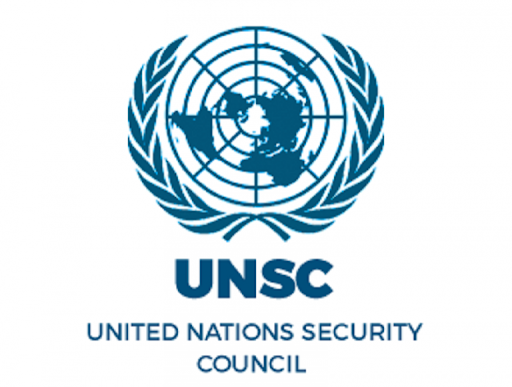The reality about refugees in Egypt is very different from what General Abdel Fattah al-Sisi describes, to the extent that al-Sisi’s speech on the subject seemed to describe another country.
A new report reveals sexual assault among a growing number of African migrant and refugee women living in the Egyptian capital. Human rights groups say that they are suffering a “sexual violence epidemic” that has worsened in recent months.
This comes a few months after Egyptian President Abdel Fattah al-Sisi boasted that his country was hosting five million refugees. Al-Sisi said in February that Egypt had five million refugees and a moral and a humanitarian obligation before a security commitment.
Al-Sisi pointed to the burdens borne by Egypt as a destination for refugees, because it is keen to abide by international conventions and provide a decent living for refugees and not to isolate them in camps or shelters.
He added that although Egypt bore these burdens and in light of the precise economic situation, Egypt did not receive any international support to help with the pressure resulting from hosting refugees deployed in a large number of governorates of Egypt and practicing their normal lives alongside the Egyptian people.
During al-Sisi’s recent visit to Austria and his meeting with Austrian Chancellor Sebastian Kurtz in Vienna, al-Sisi said: “We will not allow refugees to leave Egypt, to let them drown in the sea. This is a commitment to humanity and history.” But, the picture that al-Sisi has drawn is very different from the tragic reality of refugees in Egypt.
Ten times
The figures cited by al-Sisi are inconsistent with all estimates on the number of refugees. Al-Sisi cited a figure 10 times higher than any official or unofficial estimate on the number of refugees in Egypt.
The only census that counted the total number of refugees in Egypt was issued by the Egyptian Refugee Agency, which talked about the arrival of 186,000 refugees, including about 131,000 Syrians, in addition to refugees from 60 other countries, mostly from Sudan and Somalia, as well as Libyan refugees in Egypt.
In a census released by Radio Sawa, Egypt ranked fifth among the neighbouring countries that accommodate Syrian refugees, with an estimated 132,000 refugees, none of whom live in camps, as in some countries.
Al-Sisi’s statements made the number of refugees hosted by Egypt 10 times the figure announced by the latest UNHCR census. UNHCR confirmed that the total number of refugees in Egypt in 2015 amounted to 189,634 refugees, mostly Syrians as well as refugees from 60 other countries.
Despite the disparity in the figures, there is a consensus that the number does not exceed half a million.
Tragic conditions
But the numbers were not the only big paradox between al-Sisi’s words and reality.
A South Sudanese refugee who finally managed to flee after being held for three months in an apartment in Cairo where she was repeatedly raped, discovered that one of her rapists had made her pregnant.
This refugee is just one of a growing number of African migrant and refugee women living in the Egyptian capital who report being sexually assaulted.
Human Rights organisations describe the escalation of these attacks as a “sexual violence epidemic” that has worsened in recent months.
Five women from Sudan, South Sudan and Somalia met in a community centre in Cairo, where each said she was the victim of violent sexual abuse, according to a recent report by Reuters.
The 17-year-old woman from South Sudan said strangers kidnapped her in a poor neighbourhood and took her by taxi to another area, where a man held her in an apartment for three months where he and his friend raped her repeatedly.
“I tried to escape several times,” she said, noting that she finally managed to escape when her detainee left a key in the door of the house.
A Sudanese woman, who chose to be known as Bakhita, said that someone assaulted her on the street and when she tried to defend herself, others joined in.
Three other women said they had been sexually assaulted while working as domestic workers, two were raped and the other was sexually assaulted.
The United Nations estimates that about half a million migrants, half of them refugees, live in Cairo, many of whom came to Cairo with the aim of arriving in Europe via Israel or by boat to Turkey, two roads largely blocked by tight security.
With the scarcity of jobs and austerity measures that have led to increased inflation since last year, many refugee women have been unable to pay their rent.
Large numbers of refugee women have been expelled and became homeless or were forced to live in apartments with strangers, making them more vulnerable to sexual abuse.
In an international survey conducted by the Thomson Reuters Foundation in 2017, Cairo ranked first as the most dangerous major cities for women in the world.
“Complaints of attacks jumped from two-three per week to be seven complaints per week,” said Laurent de Bock, director of the IOM Egypt office.





Recent Comments